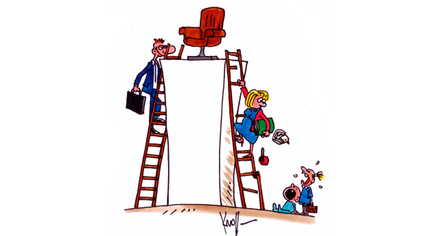European Union: the Gender Equality Index 2017 has been published

European Institute for Gender Equality (EIGE), in collaboration with the European Commission, has published the Gender Equality Index 2017. The report examines the progress made in the period from 2005-2015 throughout the European Union in terms of Gender Equality.
The report offers a country-by-country analysis on the levels of progress in the following sectors: work, money, time, education, power, health, violence, and intersecting inequalities. The results indicate that there have been visible yet marginal improvements between 2005 and 2015 in the sectors covered by the index.
The EU's score has risen from 51.3 out of 100 in 2005 to 66.2 out of 100 in 2015, the variations of the scores among the different EU countries indicates that the divide between the northern and south-eastern countries is still wide. Therefore, there is still the need to improve, and quickly, if the EU wants to achieve the objectives laid out in the Europe 2020 Strategy.
A positive sign in the report comes from Italy, which is the country to have made the biggest improvement overall between 2005 and 2015, with an improvement of 12.9 points. This rise comes mainly from the increase of women in power - political, economic and social - and in education, especially at university. The data on violence against women, collected by the Fundamental Rights Agency of the European Union, will soon be available. However, there is a slight negative trend on time free from domestic duties such as housework or looking after old, young or disabled relatives, which reflects the constant cuts to welfare that falls principally upon women.
The Gender Equality Index allows for the monitoring of progress in gender equality across the EU and over time; supports decision-makers in assessing how far a given Member State is from reaching gender equality; shows the different outcomes of the EU and national policies for women and men; allows for meaningful gender analysis and comparisons between different policy areas; supports the development and implementation of gender equality policies and legislation; increases awareness among decision-makers and the public of progress and challenges in implementing gender equality policies; highlights data gaps and calls for harmonised, comparable and reliable data that are both sex-disaggregated and available for all Member States.
The full Gender Equality Index 2017 is available for download in English from the box below.

